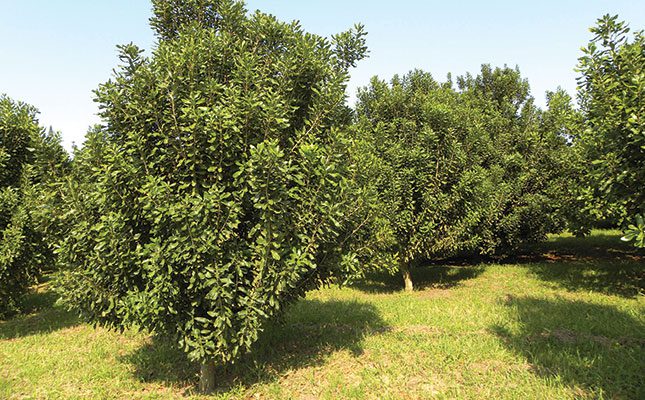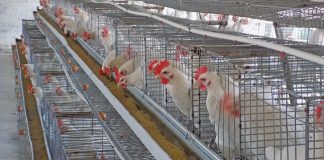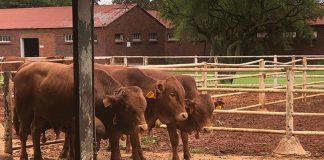
As a result, industry body SAMAC had initiated an investigation into the theft to expose criminal networks and safeguard crops, working with operatives who claimed to be part of the Hawks, South Africa’s Directorate for Priority Crime Investigation.
READ How a focus on genetics can triple macadamia yield
It has however emerged that the two operatives had conned SAMAC, stealing money and equipment that had been supplied for the investigation.
AfriForum’s Private Prosecution Unit accompanied SAMAC representatives to the Nelspruit Police Station at the end of March, where corruption, fraud and theft cases were opened against the pair.
The criminal complaint also identifies two senior officers in the Hawks as possible suspects for their alleged failure to take action when they were made aware of the alleged unlawful activity. The alleged offences date back to 2016.
Barry Bateman, media spokesperson for SAMAC, said that between 2016 and 2020, the private investigator together with the Hawks detective created the impression that they were lawfully conducting a Hawks covert operation to identify, arrest and prosecute members of a syndicate trading in stolen macadamias.
“SAMAC carried the costs of this operation through the private investigator, which they were told was in the furtherance of a legitimate undercover operation. The private investigator and Hawks detective also invoiced SAMAC for travel expenses and even attending meetings.”
SAMAC approached the Private Prosecution Unit for help when the repeated promises made by the two suspects of imminent arrests came to nought.
READ Macadamia fertilisation: an expert guide for SA growers
It has since emerged that the covert operation was not authorised by the National Prosecuting Authority (NPA), as required by law.
The Hawks management was also not aware of the covert operation, nor that the project had been funded by SAMAC.
Advocate Gerrie Nel, head of AfriForum’s Private Prosecution Unit, said SAMAC had been the victim of a multimillion-rand misrepresentation under the ostentatious guise of the ‘cloak and dagger’ environment of law enforcement itself.
Allegations have also been made that the Hawks Anti-Corruption Unit had persistently withheld information that would empower SAMAC to properly formulate its criminal complaint.
Bateman said there was ample evidence to support the case against the Hawks detective and the private investigator.
“We strongly suspect that the pair defrauded SAMAC by filing false claims for reimbursement of investigation services whilst knowing full well that the detective was a serving policeman. He was not entitled to payment from the private sector for performing policing duties. We further suspect the relationship between the private investigator and the SAPS [South African Police Service] in these investigations establishes a strong suspicion of corrupt activities, and that the private investigator allegedly defrauded SAMAC to finance the relationship.”
He further stated that the conduct of the senior officers had raised serious questions about Hawks management.
“They may have conducted themselves in a manner equivalent to defeating the ends of justice and may now be considered accomplices to the alleged offences. We want the police to investigate this aspect.”












